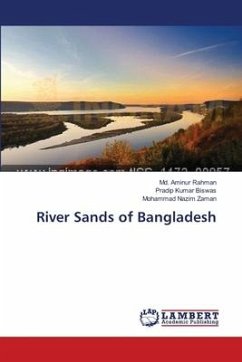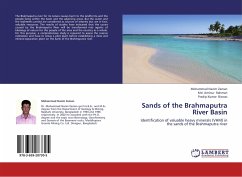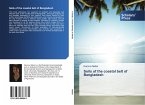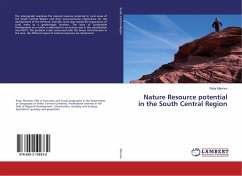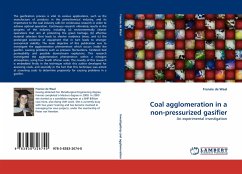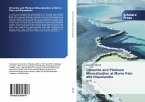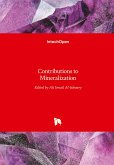Bangladesh has a good number of populations (more than 150 million) and great commitment to the path of economic development using its natural resources including minerals and mineral sands. Mineral processing from sands is a profitable business in many countries. The most of the rivers of Bangladesh are mainly sand bedded, the quantity of sediments carried by these rivers is tremendous, and the sediments contain large quantity of sandy materials, which are generally lay down in the beds of the river, forming sand bars. The latest estimated annual sediment load carried by these rivers is about 2.4 billion tons. The main objective of this research is to utilize the huge amount of sand of these rivers by developing a mineral processing method for separation of valuable heavy (ilmenite, rutile, zircon etc.) and light (quartz) minerals.
